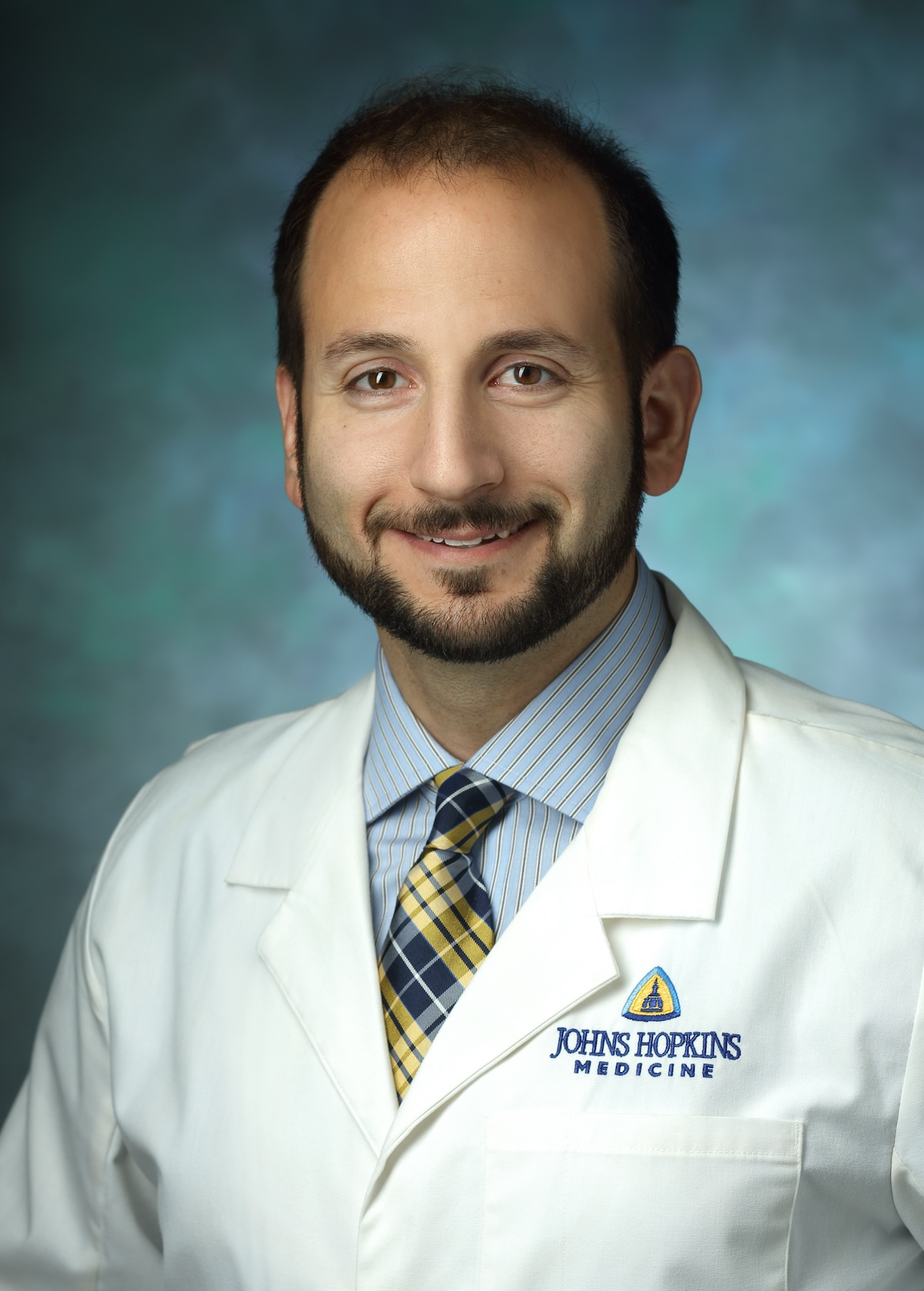
Joshua Doloff, PhD
Crystallized Drug, Biomaterial Delivery System for Treating Ovarian Cancer
2024 Early Career Investigator Grant Recipient
Johns Hopkins University
Crystallized drug, biomaterial delivery system for treating ovarian cancer
Project Summary
Ovarian cancers result in poor prognoses due to their later-stage diagnosis, invasive nature, and poor therapeutic options. The majority of patients are diagnosed with metastatic disease with a 29% five-year survival rate due to cells being shed into the general free space of the abdomen. Another major challenge is the safe and effective delivery of drugs to the right tissue at a maintained, effective dose.
To address these issues, our laboratory is developing innovative crystalline drug reservoirs and biomaterial deposition systems to accomplish precision delivery in treating ovarian cancer. Crystalline formulations impart long-term, controlled delivery to maintain dosing requirements locally and avoid drug toxicity systemically. Ensuring constant release will also prevent lack of adherence to therapeutic regimens, which can be detrimental to treatment success. Further, our efforts of developing a biomaterial matrix that may be painted on (containing drug) and photo crosslinked or pre-formed and unwrapped and placed real-time will improve efficacy.
Optimization of these systems is instrumental in not only improving targeted drug placement but also regaining compartmentalization around ascites that are spreading in an uncontrolled fashion throughout the abdomen. Given these issues, ovarian cancer is well-suited for these collective drug formulation and biomaterial delivery approaches, and this work will lead to better treatment options and outcomes for ovarian cancer patients.
This grant was made possible by a generous donation from the estate of Shirley Johnson.
Bio
Joshua C. Doloff is an Assistant Professor in Biomedical Engineering, Materials Science, and Oncology (Cancer Immunology) at Johns Hopkins University. At the Translational Tissue Engineering Center, Sidney-Kimmel Comprehensive Cancer Center (SKCCC), and Bloomberg-Kimmel Institute (BKI) for Cancer Immunotherapy, his lab focuses on Immunoengineering and Regenerative Medicine, with emphasis on cancer, implant/transplant rejection responses, and autoimmunity. Josh earned his undergraduate Bioengineering degree at the University of Pennsylvania, where he carried out biomaterials and tissue engineering research in the Ducheyne Lab. Later, to better understand what happens when deliverables are introduced into the body, Joshua focused his PhD in the Waxman Lab at Boston University on host immune responses to varied therapeutics. Early work on cancer-targeted viral vectors won technology development and University Provost awards. Later work produced insights into chemotherapy-induced anti-tumor immunity. Highlighting his achievements, Joshua was awarded the Frank A. Belamarich Award for Best Doctoral Research in his graduating class. Josh went on to become a Juvenile Diabetes Research Foundation (JDRF) Postdoctoral Fellow in the Langer and Anderson labs at the Koch Institute at MIT. There, his work on deciphering immune-mediated biomaterial and biomedical device implant rejection contributed to numerous top publications, patents, a lab startup—Sigilon, and awards—including top presentation selections, Immunoengineering prizes, co-chair honors, and a Rising Star Alumni Award. Most recently, Josh was elected the new Chair of SFB’s Immunoengineering SIG (after his tenure as Vice-Chair), and has received multiple awards, including a Controlled Release Society Young Investigator Award for Immuno Delivery, a Cellular and Molecular Bioengineering Young Innovator (2021), NIH Trailblazer, additional support through the JDRF, FDA, Maryland Stem Cell Research Foundation (MSCRF), and DARPA, and most recently an Early Career Investigator Award from the Ovarian Cancer Research Alliance.